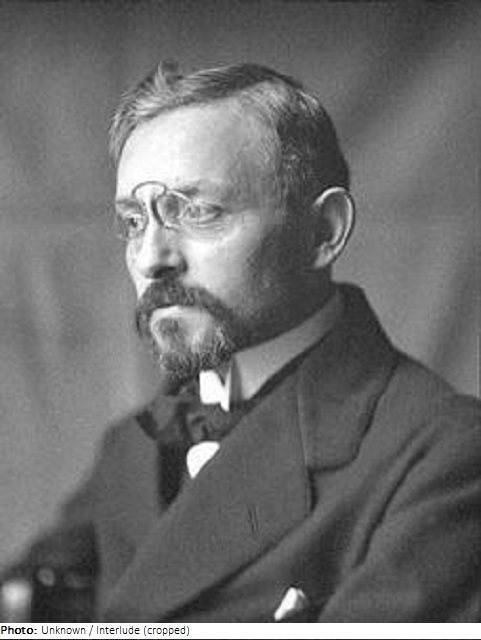
| Roles | Referee |
|---|---|
| Sex | Male |
| Full name | Florent•Schmitt |
| Used name | Florent•Schmitt |
| Born | 28 September 1870 in Blâmont, Meurthe-et-Moselle (FRA) |
| Died | 17 August 1958 (aged 87 years 10 months 19 days) in Neuilly-sur-Seine, Hauts-de-Seine (FRA) |
| NOC |  France France |
Florent Schmitt attended the Nancy Conservatory from 1887-89 and then entered the Paris Conservatory, where he studied with André Gedalge (1856-1926), Jules Massenet (1842-1912) and Gabriel Fauré, amongst others. In 1897 he won the second Prix de Rome with his cantata Frédégonde and in 1900 the Grand Prix with the cantata Sémiramis. For the next three years, he lived in Rome at the Villa Medici, during which time he composed important instrumental and choral works. He then made study trips to Germany, Austria, Hungary, and Turkey. In 1904 Schmitt completed his Psaume XLVII, which brought him great acclaim when it premiered in 1906.
In this year, Schmitt also returned to Paris and in 1909 became a member of the executive committee of the newly formed “Société Musicale Indépendante”. From 1921-1924 he was director of the Lyon Conservatory. He also became an influential music critic, writing for Le Temps for ten years (1929-1939). In 1936, he was elected a member of the Académie des beaux-arts succeeding Paul Dukas. Schmitt was also made a Commander of the Legion of Honor.
In the 1930s, he showed a marked friendliness to Germany and a closeness to the anti-Semitism of the Nazis. After the liberation, a one-year ban on publishing or having his works performed was imposed on him.
Schmitt was influenced by French Symbolism in poetry and Impressionism in music. He followed these directions in his programmatic orchestral music; yet he developed a strong, distinctive style of his own. For example, he used the effects of primitivist percussion and anticipated developments in modern Russian music.
The catalog of Schmitt’s works is extensive; he composed until his death at the age of 87 in all areas except opera. Among his most popular works were the lyric symphonic poem Le Palais Hanté (The Haunted Palace), the ballet La Tragédie de Salomé, and the Quintet for Piano and Strings. He was a rugged, independent personality. Although largely unknown to the general public to this day, he had a profound influence on the history of French music in the first half of the 20th century.
| Games | Sport (Discipline) / Event | NOC / Team | Phase | Unit | Role | As | |
|---|---|---|---|---|---|---|---|
| 1924 Summer Olympics | Art Competitions |  FRA FRA |
Florent Schmitt | ||||
| Music, Open (Olympic) | Final Standings | Judge |